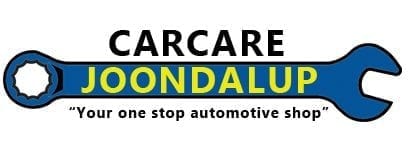Engine coolant is an important component for any healthy automobile. This vital component is often overlooked by drivers, but it can be as essential as motor oil; if it runs out, your engine will suffer. Coolant protects the engine and cooling system from fluctuations in temperature. It stops the engine from getting too hot or freezing.
To the untrained eye, all coolants might seem the same. However, there are several different kinds of coolant, and it is important to choose the right one for your car. For the purposes of this guide, we’ll be looking at three varieties.
Inorganic Additive Technology
Engine coolant that works with Inorganic Additive Technology (IAT) is usually necessary for older cars. Like any part of your car, it must be replaced as it wears out.
Manufacturers now consider that IAT is inferior to newer formulas, as it must be changed frequently. If your car is using IAT, change the coolant every two years, or approximately every 40,000 km
Organic Acid Technology
Organic Acid Technology (OAT) is a newer type of coolant favoured by some manufacturers. For example, General Motors usually use this formula in their new vehicles.
You should change your OAT coolant around every five years, or a little over 80,000km. It lasts twice as long as IAT coolant.
Hybrid Organic Acid Technology
Hybrid Organic Acid Technology (HOA) is a variant derived from OAT coolant. It requires the same rate of change as OAT — every five years or 80,000km.
Don’t Be Fooled by the Colour
Coolant can come in a variety of colours, from bright green to orange, yellow or purple.
However, the colour of a coolant is not a reliable indicator for its variety type of coolant it is, or if it will be an appropriate fluid for your car. The only way to know for sure that you’re using the right coolant is to read the bottle carefully or book in for a car servicing Joondalup locals trust.
Contact Us Today
If it’s time to visit your local mechanic, Carcare Joondalup is your friendly caring home of extensive car experience, and we’re always happy to help. Contact us today.


